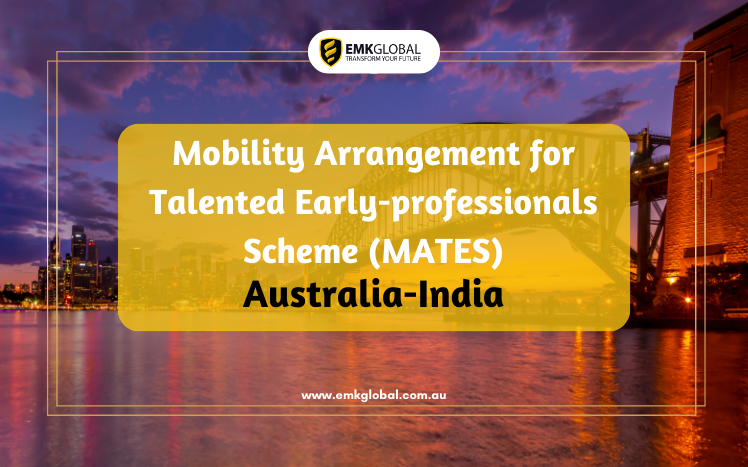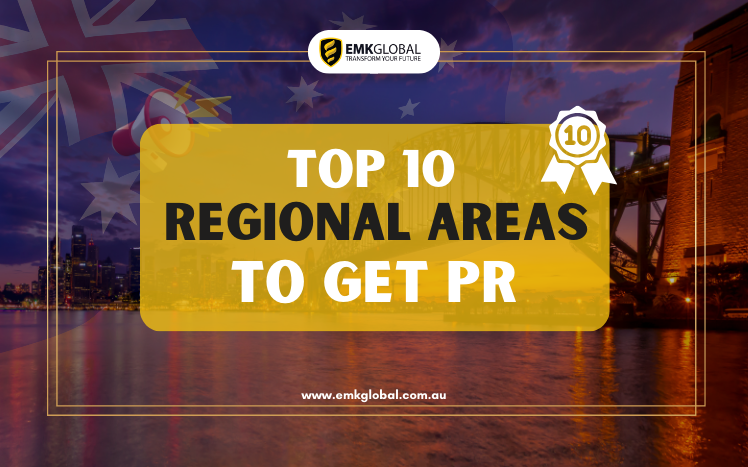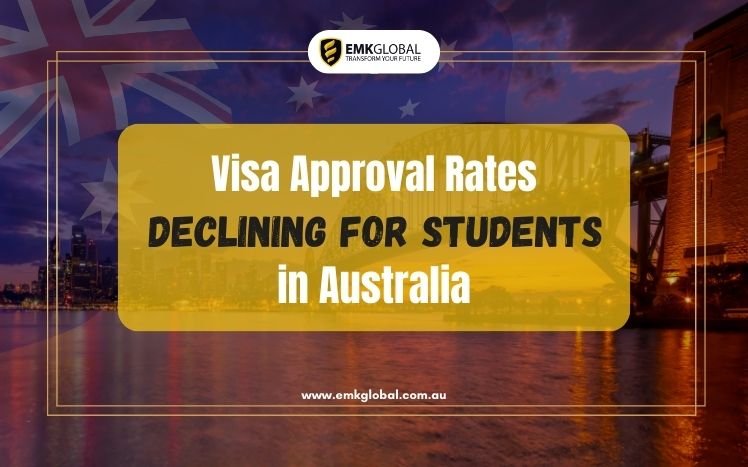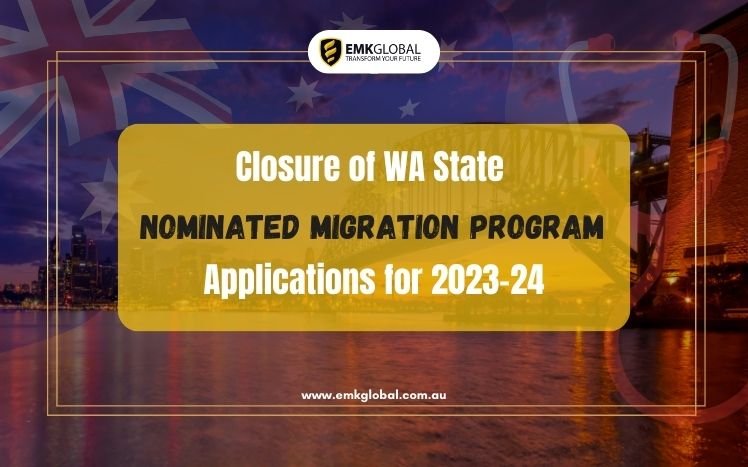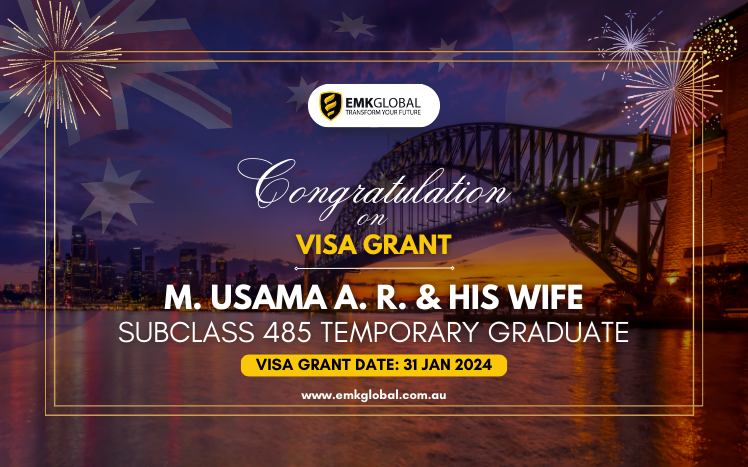Introduction
In a significant collaboration, Australia and India signed the Migration and Mobility Partnership Arrangement (MMPA) on May 23, 2023. This bilateral framework marks a crucial step towards fostering two-way migration and mobility while addressing concerns related to illegal and irregular migration. Within the MMPA framework emerges the Mobility Arrangement for Talented Early-Professionals Scheme, fondly referred to as ‘MATES.’ This innovative scheme is designed to facilitate the temporary mobility of Indian university graduates and early-career professionals, promoting a mutually beneficial exchange of skills and knowledge between the two nations.
Eligibility Criteria
MATES is open to Indian nationals meeting specific criteria:
- Age: 30 years or younger at the time of application
- No prior participation in MATES
- Proficient English language skills (overall IELTS or equivalent score of at least 6, with a minimum score of 5 in each of the four parts)
- Graduation within the past 2 years from an eligible educational institution
- Hold a qualification (Bachelor’s degree or higher) in specified fields including renewable energy, mining, engineering, ICT, AI, FinTech, or AgriTech.
Australian Employer Sponsorship
An exceptional feature of MATES is the absence of an Australian employer sponsorship requirement, providing applicants with the flexibility to apply for a visa independently.
Permitted Activities and Duration
MATES participants can reside and work in Australia for up to two years. While there’s no strict requirement to work in their nominated field of study, the scheme encourages young professionals to expand their skills and networks, particularly in the specified sectors.
Available Spaces
The program kicks off as a pilot with 3,000 places available for primary applicants each program year, ensuring a focused and effective implementation.
Family Inclusion
Participants can apply to bring dependents (spouses and dependent children), who will have work rights in Australia and do not contribute to the annual cap of primary applicants.
Visa Duration and Extension
Visa holders have 12 months for their initial entry into Australia, with the option to stay for 24 months from the date of the first entry. MATES participants can extend their stay by applying for another visa, temporary or permanent, meeting the respective eligibility requirements. However, participation in the scheme is limited to a single occurrence.
Costs and Implementation
Details about the visa subclass and associated application fees will be available soon. Applicants are responsible for covering costs related to their application, including English language testing fees. The ongoing development of an Implementation Protocol underscores the commitment to defining MATES’ modalities, ensuring diversity, fairness, and equitable access while upholding the integrity of the Scheme. While no specific timeframe is set for MATES’ implementation, the groundwork signifies a promising future for collaborative professional development between Australia and India.


